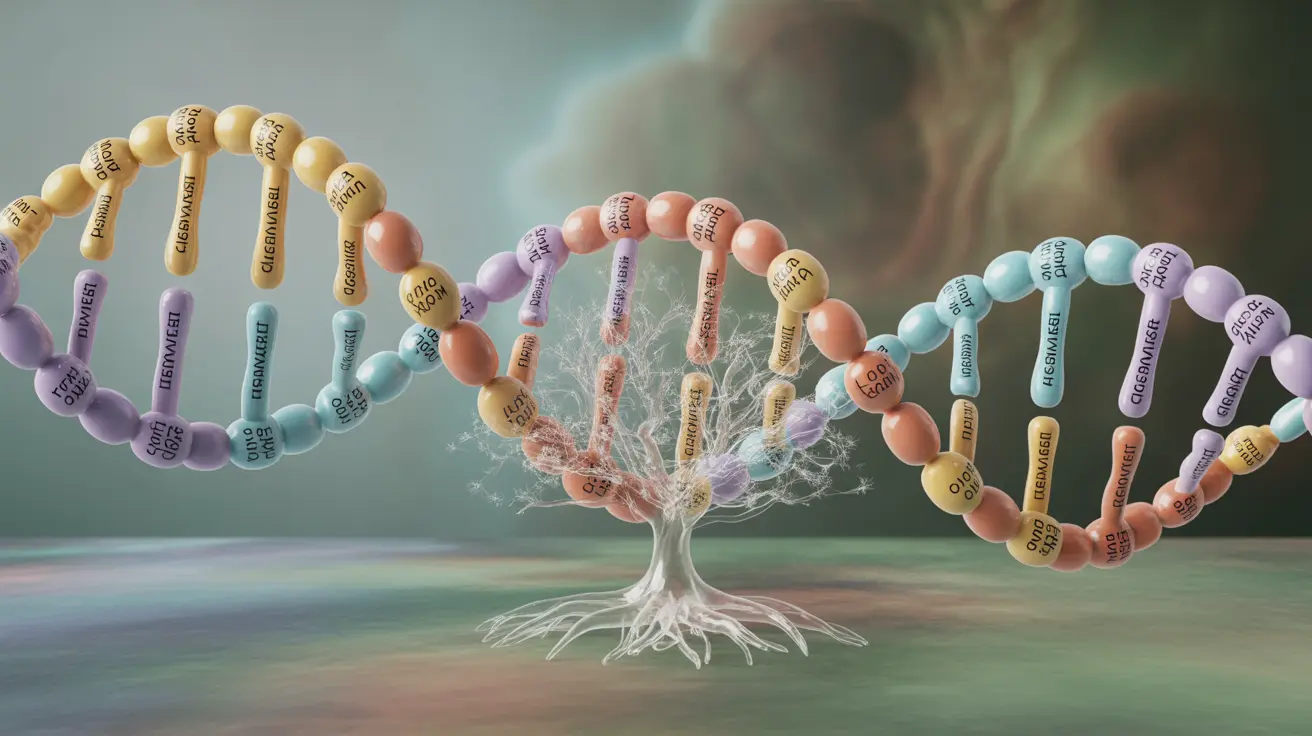Autism spectrum disorder (ASD) is a complex developmental condition influenced by various genetic, biological, and environmental factors. Understanding these risk factors is crucial for healthcare providers, researchers, and families affected by autism. While the presence of risk factors doesn't guarantee the development of autism, being aware of them can help with early detection and intervention.
This comprehensive guide explores the key risk factors associated with autism, from genetic predisposition to environmental influences, helping readers better understand the complex interplay of elements that may contribute to ASD development.
Genetic Risk Factors and Family History
Genetics plays a significant role in autism development. Research has shown that certain genetic variations and mutations can increase the likelihood of developing ASD. Some key genetic factors include:
- Variations in genes affecting brain development
- Chromosomal abnormalities
- Copy number variations (CNVs)
- Inherited genetic conditions
Having a family member with autism significantly increases the likelihood of developing the condition. Siblings of children with autism have a higher chance of being diagnosed with ASD compared to the general population.
Parental Age and Its Impact
Research has demonstrated that parental age at conception can influence autism risk. Advanced parental age, particularly in both mothers and fathers, has been associated with an increased likelihood of having a child with autism. This may be due to:
- Higher rates of genetic mutations in older parents
- Increased risk of pregnancy complications
- Changes in reproductive health with age
Maternal Health and Pregnancy Factors
Several maternal health conditions and pregnancy-related factors have been linked to increased autism risk:
- Gestational diabetes
- Severe infections during pregnancy
- Maternal obesity
- Extreme maternal stress
- Complications during pregnancy or delivery
- Premature birth or low birth weight
Environmental Exposures and Their Role
Environmental factors during pregnancy and early childhood may contribute to autism risk. Key environmental considerations include:
- Air pollution exposure
- Certain pesticides and chemicals
- Heavy metal exposure
- Maternal medication use during pregnancy
- Nutritional factors
The Vaccine Question: Scientific Evidence
It's crucial to address the widely discussed topic of vaccines and autism. Multiple large-scale, well-designed scientific studies have consistently shown no link between vaccines and autism development. The original study suggesting this connection has been thoroughly discredited and retracted.
Frequently Asked Questions
What are the main genetic risk factors that increase the chance of developing autism?
The main genetic risk factors include specific gene mutations affecting brain development, chromosomal abnormalities, and copy number variations. Having a sibling with autism also significantly increases the risk, indicating strong genetic components in autism development.
How do parental age and family history affect the risk of autism in children?
Advanced parental age, particularly in both parents, increases the risk of autism. Family history plays a crucial role, with siblings of children with autism having a higher likelihood of developing the condition compared to children without affected siblings.
Which maternal health conditions and pregnancy factors are linked to a higher risk of autism?
Several maternal conditions and pregnancy factors are associated with increased autism risk, including gestational diabetes, severe infections during pregnancy, maternal obesity, extreme stress, and complications during pregnancy or delivery. Premature birth and low birth weight are also risk factors.
Can environmental exposures such as air pollution or pesticides during pregnancy increase the risk of autism?
Yes, research suggests that exposure to certain environmental factors during pregnancy may increase autism risk. These include air pollution, specific pesticides and chemicals, heavy metals, and certain medications taken during pregnancy.
Is there any scientific evidence supporting a connection between vaccines and autism risk?
No, extensive scientific research has consistently shown no link between vaccines and autism. Multiple large-scale studies involving hundreds of thousands of children have thoroughly debunked this misconception, and the original study suggesting this connection has been retracted due to serious methodological flaws and ethical concerns.




